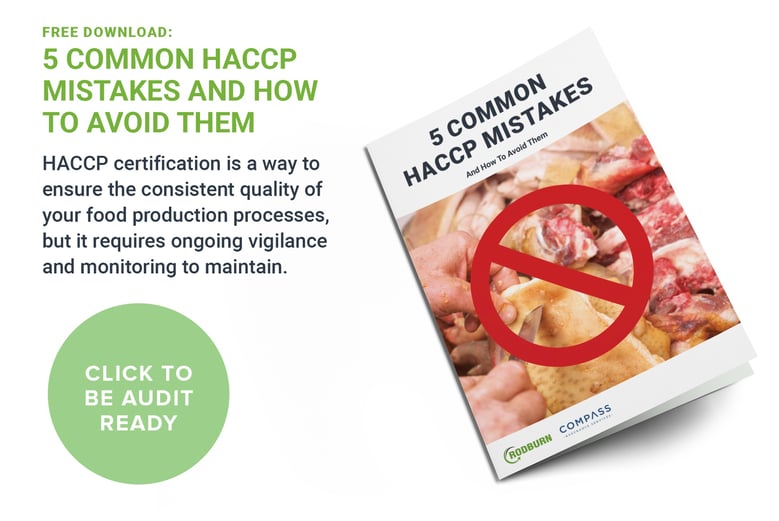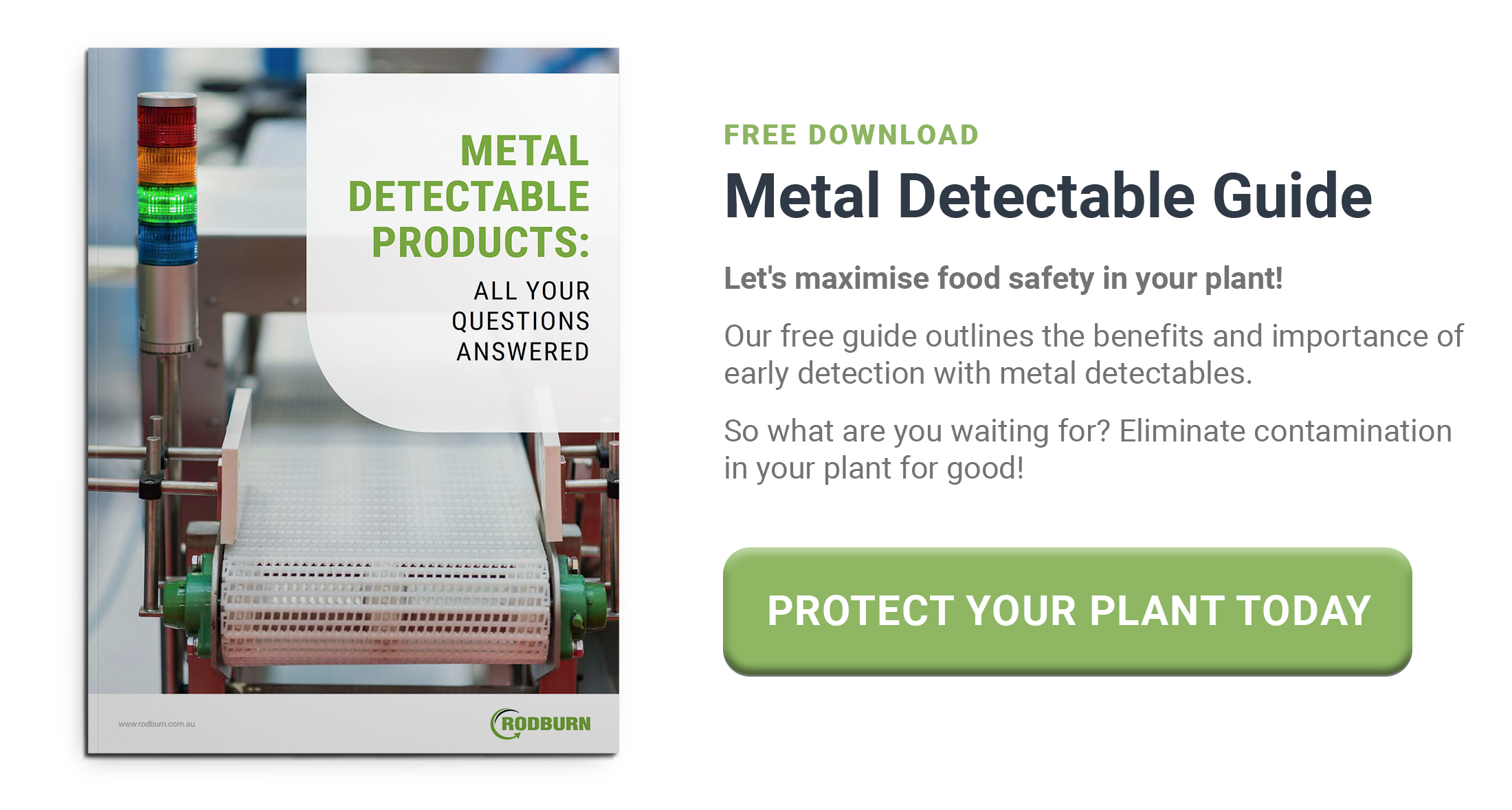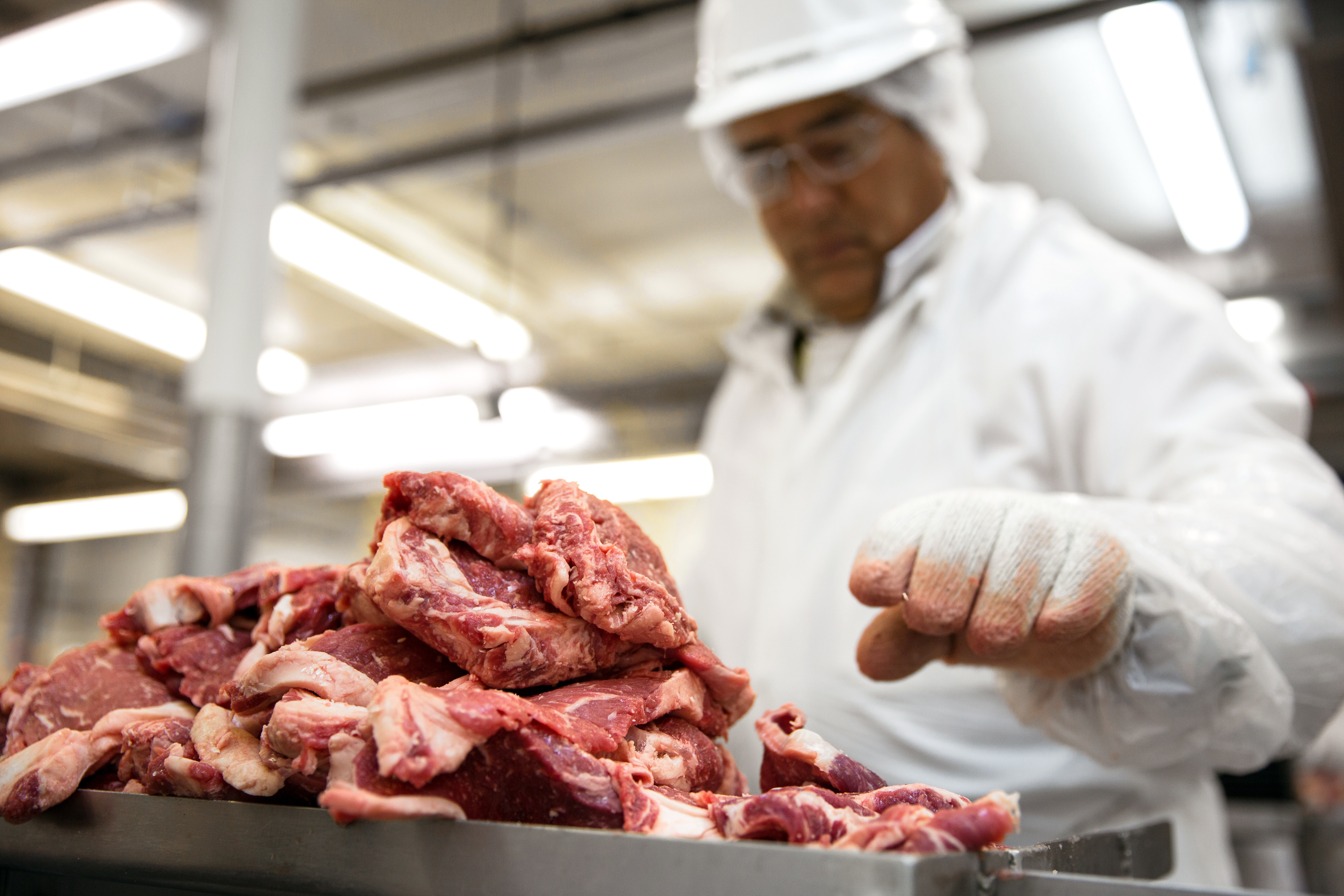Food safety can make or break a business, and HACCP compliance demands that companies participate in product recalls when required. Don’t make the same mistakes that many other businesses do – here are the top five things you need to know about product recalls.
- Lots of businesses do them poorly
Many businesses underestimate how deeply involved product recalls are and fail to plan for worst case scenarios. This can lead to an incompetent, incomplete or lackadaisical approach to removing stock from shelves and disposing of it, increasing the potential risk to customers. It is your duty to understand HACCP responsibilities and ensure that adequate processes are in place.
- You should be doing regular “mock recalls”
Businesses are acutely aware of the importance of performing emergency drills for fire and other related safety incidents, but many avoid practicing their procedures for product recalls. Regularly performing mock recalls can refine your process for dealing with them, streamlining your response times so that they are effective within hours rather than days.
- Traceability minimises your exposure
Traceability means that you have a comprehensive knowledge of batch numbers, production dates and knowledge of where product has gone “downstream” (to consumers) and “upstream” (to suppliers). Being able to adequately trace stock minimises potential danger to consumers, and you need to have processes in place to track shipments of supplied materials.
- Refine your processes for maximum efficiency
Mock recalls can identify the gaps in your record keeping and help to streamline the entire process of product recalls. Once you have all the corrective actions in place – such as product traceability and contact lists for government and food standard bodies - they can regularly be revised and refined for maximum effectiveness. Your team also need to be up to date with all relevant training.
- Your responsibility extends beyond your plant
HACCP doesn’t start and end in your plant, and you have a duty of care beyond those walls and further downstream. The inputs and outputs that extend beyond your plant must be held to those same standards: communication and traceability are key. At the end of the day, you have ultimate responsibility of making safe food under your stewardship.
The upshot of all this is that product recalls don’t have to be stressful: if you are informed and prepared for them well in advance they can be performed seamlessly and effectively.






